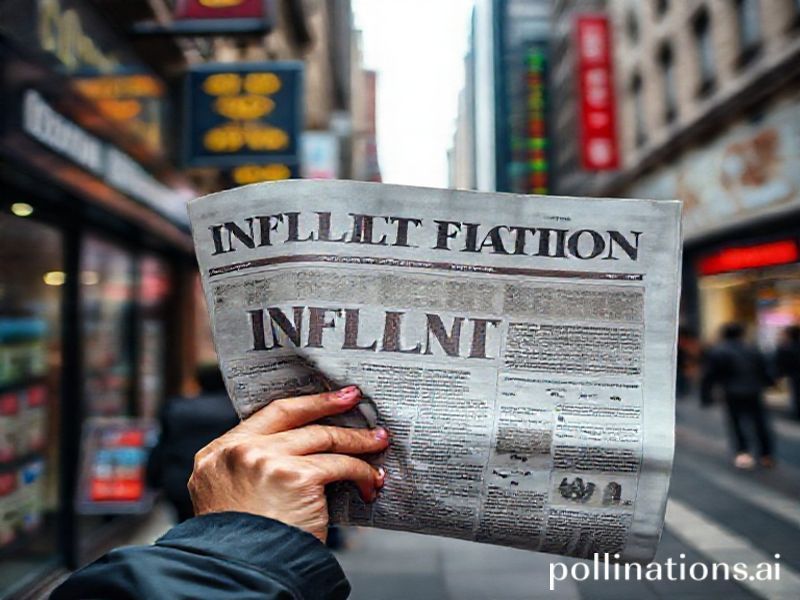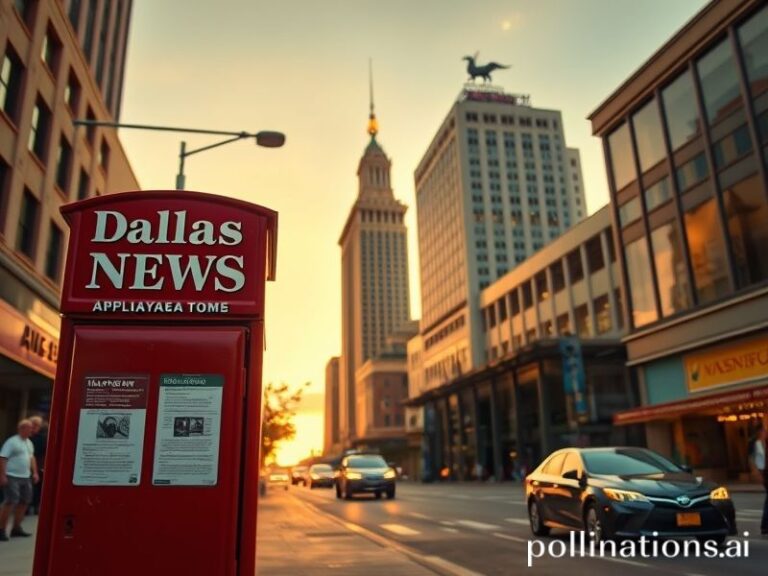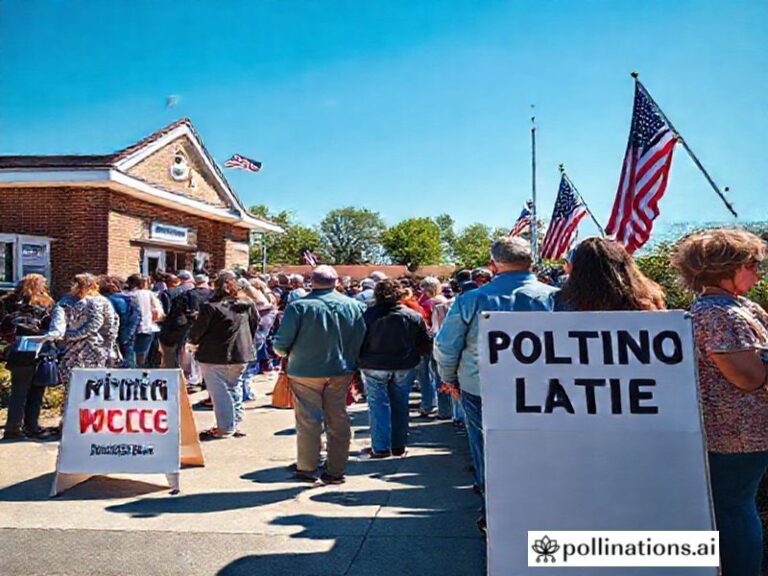Inflation Figures: Why the World’s Wallet is Feeling the Pinch
### **Inflation Figures: Why the World’s Wallet is Feeling the Pinch**
Inflation figures are trending globally, and honestly, it’s not the kind of trend we’d like to see on our social media feeds. If you’ve noticed your morning coffee, avocado toast, or even a simple grocery run costing more than it did last year, you’re not alone. Inflation is the buzzword of the moment, and it’s got everyone from economists to your aunt Karen talking. But why is it such a hot topic right now, and what does it mean for the average internet-savvy consumer?
#### **The Cultural Context: From Memes to Market Panic**
Inflation isn’t just a dry economic term—it’s a cultural phenomenon. Memes about the rising cost of living are flooding our timelines, and TikTokers are sharing their horror stories about the price of eggs. The internet has turned inflation into a relatable, almost meme-worthy topic, making it easier for people to discuss and vent about their financial struggles.
But beyond the memes, there’s a real sense of unease. People are worried about their purchasing power, their savings, and their future. The cultural impact of inflation is profound, affecting everything from consumer behavior to political discourse. Governments and central banks are under pressure to address the issue, and the public is watching closely.
#### **The Social Impact: More Than Just Numbers**
Inflation isn’t just about numbers on a spreadsheet—it’s about real people feeling the pinch. The social impact of rising prices is far-reaching:
– **Cost of Living Crisis:** For many, inflation means stretching their budgets thinner than ever. Basic necessities like food, housing, and transportation are becoming more expensive, making it harder for people to make ends meet.
– **Savings and Investments:** Inflation erodes the value of savings and fixed-income investments. If your money isn’t growing at the same rate as inflation, you’re effectively losing money.
– **Consumer Behavior:** People are changing their spending habits. They’re buying less, opting for cheaper alternatives, and delaying major purchases. The “treat yourself” culture of the past few years is taking a backseat to financial prudence.
– **Political and Economic Uncertainty:** Inflation is a hot-button issue in politics. Governments are scrambling to implement policies to curb inflation, and central banks are raising interest rates in an attempt to stabilize the economy. The uncertainty is palpable, and people are looking for answers.
#### **Why It’s Significant: The Bigger Picture**
Inflation is significant because it affects everyone, regardless of their economic status. It’s a global issue, with countries around the world grappling with rising prices. The reasons behind the current inflation surge are complex, ranging from supply chain disruptions caused by the pandemic to geopolitical tensions and energy crises.
But perhaps the most significant aspect of inflation is its role as a barometer of economic health. When inflation is high, it’s a sign that the economy is out of balance. It’s a wake-up call for policymakers, businesses, and consumers alike to reassess their strategies and priorities.
#### **The Bottom Line: What Can You Do?**
While inflation might feel like an insurmountable force, there are steps you can take to mitigate its impact:
– **Budget Wisely:** Track your spending and identify areas where you can cut back.
– **Invest Smartly:** Consider investments that historically perform well during inflationary periods, like real estate or commodities.
– **Stay Informed:** Keep an eye on economic news and understand how policy changes might affect your financial situation.
– **Support Local:** Buying local can sometimes be more cost-effective and helps support your community.
Inflation is a trend we’d all like to see fade away, but for now, it’s here to stay. The key is to stay informed, adapt, and find ways to navigate the economic landscape without losing your sense of humor—or your avocado toast.
—







